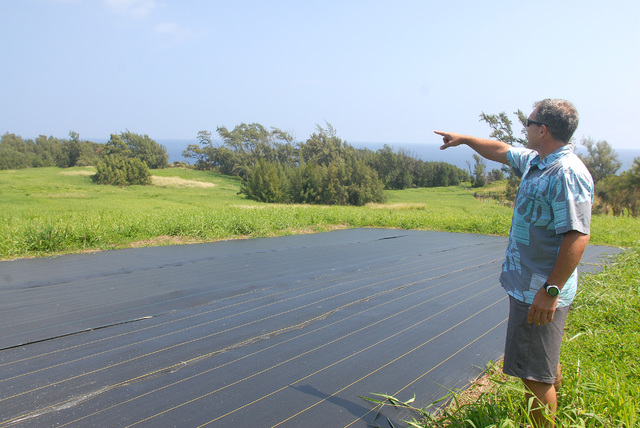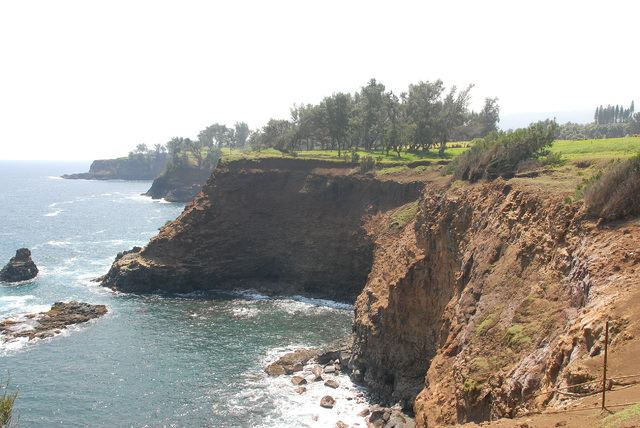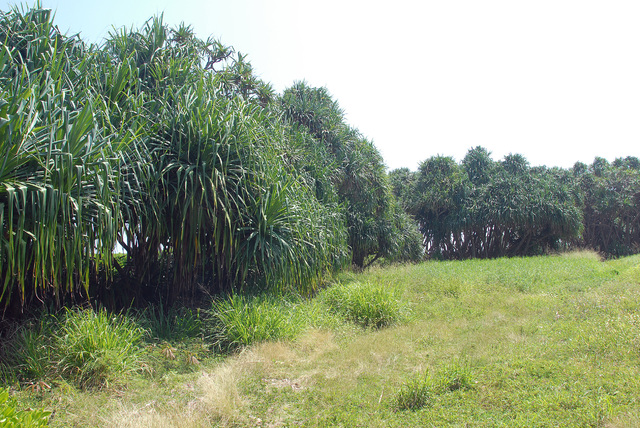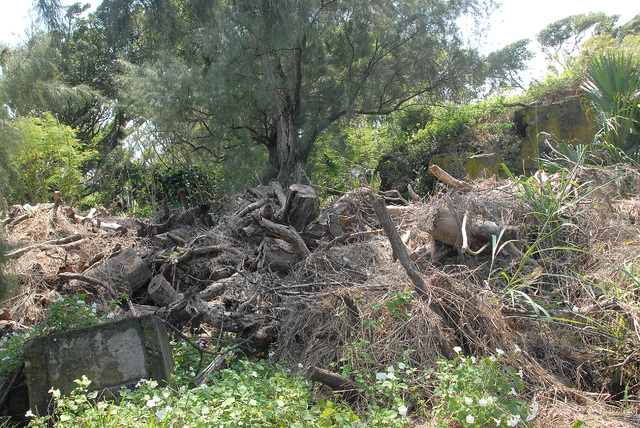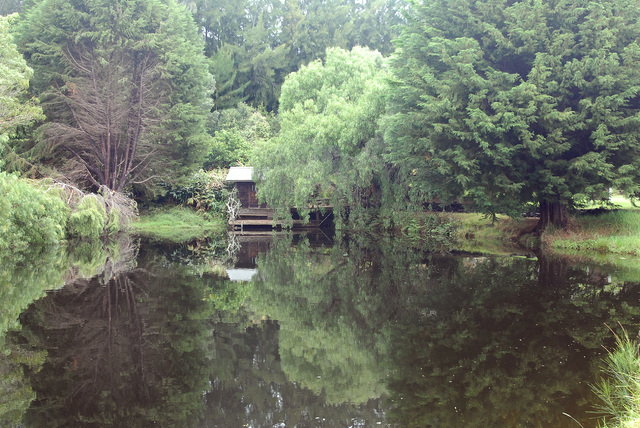New initiative returns gifted lands to original purposes
NORTH KOHALA — A $6 million trophy property on Kohala Mountain Road — plus a sweeping expanse of cliffside land near Keokea Beach Park in North Kohala — will be protected under a new initiative of The Kohala Center designed not only to safeguard lands but bring them back to production of traditional crops.
ADVERTISING
The Waimea-based education and research center is using $8 million in recent land donations as a springboard to launch its Ainahoi Program. Leaders with the nonprofit say the concept is similar to a land trust, but goes beyond simply protecting the land to actually returning it to the crops and practices that might have been found there hundreds of years ago.
“It’s about reclaiming land and bringing it back to abundance, with a sharing of knowledge and a traditional food forest that brings people in,” said Keawe Liu, the center’s vice president for innovation, during a tour of the land Thursday.
Property that could have simply remained 60 acres of high-end ranch property at Keawewai will be terraced and Hawaiian food crops such as breadfruit, sweet potato and taro will be planted. A commercial demonstration kitchen will be installed for use by local food producers. Potentially, a processing facility would make local foods available at an affordable price, Liu said.
Keawewai will host educational seminars, camps, hands-on learning about native crops, speaker series and special events.
“The idea is to return lands that were once productive, that sustained people who lived on or near them, so that they may nourish the cultural, spiritual and nutritional needs of today’s island communities,” said Kamana Beamer, president and CEO of The Kohala Center.
Activities will be based out of an existing main lodge, outdoor amphitheater, cottages, a pond house and barns. A $2 million grant will help The Kohala Center transform the lodge into a kitchen and educational area that will double its current 2,500 square feet.
“Our community has gone to what is easy: rice,” Liu said. “We want to make ulu and kalo easier than rice. You try to get poi, but it’s $8 a pound. Poi has become a luxury item and something our community as a whole can’t consume.
“We want to give the community concrete steps to changing the way they eat and relate to the land.”
Waimea resident Jim Posner donated the property last year, impressed by The Kohala Center’s native forest and watershed restoration projects.
“I wanted the land to be a productive and welcoming place for the purposes of conservation, propagation, education, expression, communion and ‘funion,’” Posner said.
Similar activities and crops are planned for the 48-acre Niulii property, which edges the ocean on the Pololu side of Keokea and is divided evenly between agricultural and conservation designations. Comprised of the historic Na Hala O Naue hala groves, the crumbling remains of the old Niulii sugar mill, meadows and forest, Ainahoi at Niulii will be managed for agricultural education and public access.
Weavers, fishermen and other practitioners and members of the public will be able to access the hala groves and cliffside fishing areas, Liu said. In educational programming, the remains of the mill will point out the results of industrial-scale, single-crop agriculture that defined the sugar cane industry, Liu said. But visitors to the property also will learn a deeper history more suited to the land and its spiritual traditions as they plant ulu, dryland taro and olena, Liu said.
“The contrast will be in taking land back to serve the community,” he said.
The property had been on the market for years and is valued at $2 million. It was donated by Allene Wong and David Eckles in January.
Michael Menchetti’s land borders the property. Like others in the area, he was concerned about its fate and whether the shoreline would be preserved if the property was sold.
“I’m really glad a conservation group got this land,” he said. “And from a selfish point of view, I’m surrounded by a park.”
Email Bret Yager at byager@westhawaiitoday.com.


